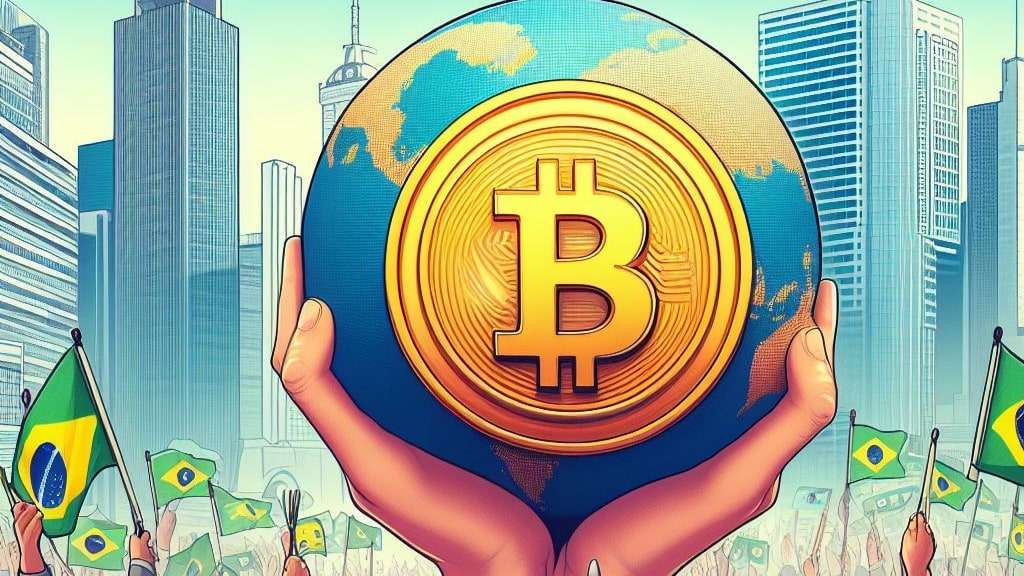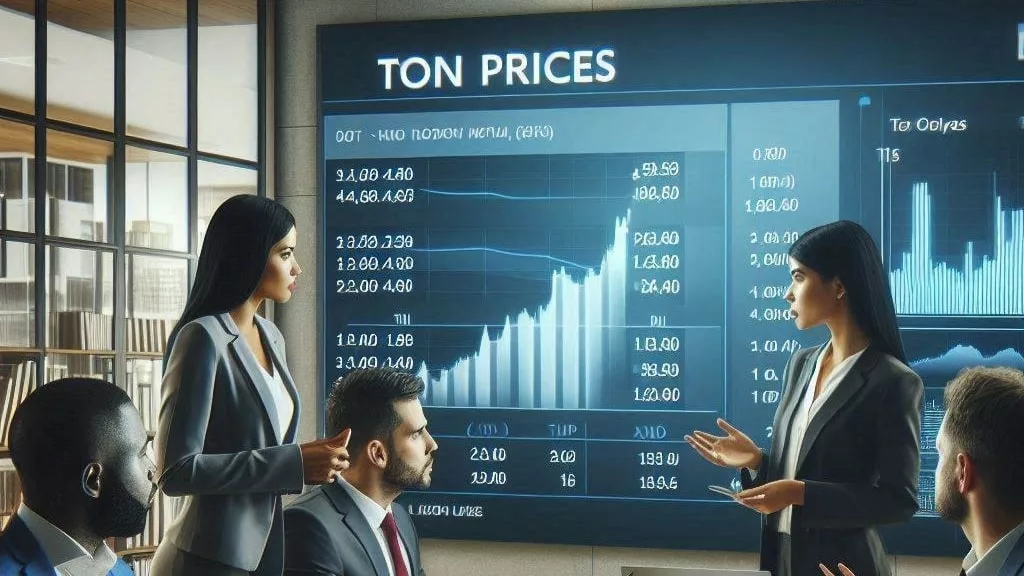
In a significant development on the global economic stage, Brazil is once again pressing for reforms within international financial institutions. The Latin American nation, representing not only its interests but also those of many developing countries, is demanding a major redistribution of the International Monetary Fund (IMF) funding quotas. This push is expected to be a focal point of discussion during the upcoming IMF meeting.
Brazil’s insistence on IMF reform is not new; it has advocated for adjustments to funding quotas in the past. However, recent developments have brought this issue into sharper focus, driven by a growing sense of urgency. Tatiana Rosito, International Affairs Secretary at the Brazilian Finance Ministry, emphasized that the price of inaction is rising. She pointed to the emergence of new financial institutions like the New Development Bank, created by the BRICS Group (Brazil, Russia, India, China, and South Africa), as evidence of developing countries seeking greater economic independence.
In an exclusive interview with Bloomberg, Rosito stated, “The developing world has not remained idle while reforms have stalled. The establishment of institutions like the New Development Bank by BRICS and the Asian Infrastructure Investment Bank demonstrates that emerging economies are actively seeking ways to finance their own development.”
President Luiz Inacio Lula da Silva of Brazil is now looking to leverage the G20 Presidency to push for reforms within the IMF and the World Bank. This effort builds upon his previous calls for change made during the United Nations Security Council meeting held in September. As the IMF meeting draws nearer, Finance Minister Fernando Haddad is preparing to deliver the president’s message to the multilateral lenders in Marrakesh.
Kristalina Georgieva, Managing Director of the IMF, shares Brazil’s concerns. She agrees that the IMF and the World Bank must make necessary adjustments to align with the evolving global economic landscape. Georgieva underscores the potentially devastating consequences if these institutions fail to restore confidence among developing nations.
One of the key issues at the heart of this reform discussion is the distribution of IMF quotas. Currently, the United States holds the largest quota share at 17%, while China, the world’s second-largest economy, holds just 6%. Brazil’s quota stands at a little over 2%, and there are no indications that voting shares will be altered when the fund quota is reviewed in December.
The United States has expressed reservations about shifting voting weight to countries unless they adhere to the IMF’s roles and norms, a statement often seen as a reference to China. While Brazil agrees on the need for a redistribution of IMF quotas in favor of emerging countries, there is also recognition of the United States’ valid argument for increasing quotas to replace existing bilateral arrangements.
Amidst the complex global economic landscape and political discourse, the role of Bitcoin is being increasingly discussed. Could it serve as an asset capable of breaking the stalemate, redistributing financial equity, and promoting greater inclusion for emerging economies? The BRICS block, of which Brazil is a founding member, is exploring Bitcoin as an option to challenge the dominance of the US dollar. In the long term, it might even form the basis for supporting Brazil’s current demands.
As the momentum for reform within international financial institutions grows, the world watches closely. Brazil’s persistent calls for change reflect a broader desire among emerging economies to have their voices heard and to reshape the global economic order. Whether Bitcoin plays a pivotal role in this transformation remains to be seen, but it is clear that the winds of change are blowing, and the world’s economic landscape may soon look quite different.


Get the latest Crypto & Blockchain News in your inbox.